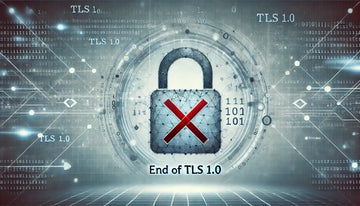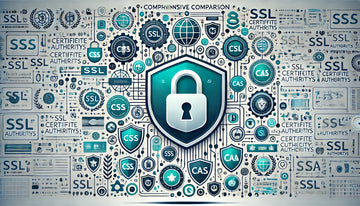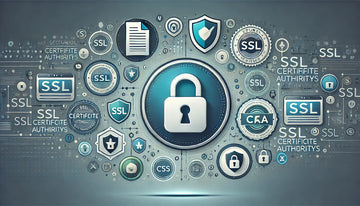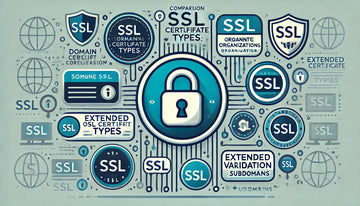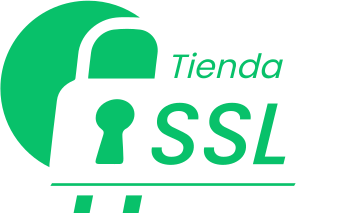Online security is central to today's digital world, and one of the key components of a website security is the implementation of an SSL (Secure Sockets Layer) certificate. However, with a variety of types of SSL certificates available, choosing the right one can be a challenging task. In this article, we will provide you with tips and guidelines for selecting the correct SSL certificate according to the type of website you have, whether it's a personal blog, an online store, a company or any other type of site.
1. Understands Different Types of SSL Certificates
Before choosing an SSL certificate, it is essential to understand the different types available. As mentioned above, SSL certificates are generally divided into three categories: Domain Validation Certificates (DV), Organization Validation Certificates (OV) and Extended Validation Certificates (EV). In addition, there are Wildcard certificates that can protect several subdomains under a main domain.
- DV SSL: These certificates validate only domain control. They are ideal for personal websites or blogs where no sensitive data is handled.
- OV SSL: These certificates validate both the domain and the legal existence of the organization. They are suitable for websites of small and medium-sized enterprises that want to convey confidence to their visitors.
- EV SSL: EV certificates are the most trusted and require comprehensive validation of the organization. They are essential for e-commerce websites and companies that handle financial data.
- Wildcard Certificates: These certificates protect multiple subdomains under a main domain. They are ideal for websites with a subdominium structure.
2. Evaluate the Purpose of your Website
The purpose of your website is a key factor in choosing the SSL certificate. If you have a personal blog or information website that doesn't collect confidential user information, a DV SSL certificate may be enough. On the other hand, if you have an online store or professional services website, an OV certificate or EV SSL will provide an additional layer of confidence and security.
3. Consider the User Trust
User confidence is crucial on the current web. Visitors to your website should feel safe when interacting with it and sharing personal information. Choosing an SSL certificate that activates the green address bar on browsers, such as EV certificates, can significantly increase users' confidence.
4. Compliance with Regulations and Regulations
Depending on your location and the type of data you handle, you may need to comply with specific privacy and data protection regulations, such as the General Data Protection Regulation (GDPR) in the European Union. Some regulations require the implementation of specific SSL certificates to ensure data privacy and security.
5. Size and Scale of your Website
The size and scale of your website are also important considerations. If you have a small website with a few subdomains, a standard SSL certificate may be enough. However, if you run a large website with numerous subdomains, a Wildcard certificate can simplify security management.
6. Budget
The budget also plays a role in choosing the SSL certificate. DV certificates are often more affordable, while V-certificates tend to be more expensive due to the rigorous validation process. It is important to find a balance between the security and the budget you have available.
7. Technical Support and Renewal
Consider the level of technical support offered by the SSL certificate provider. Make sure you can get help if any problems arise. Also, please take into account the duration of the validity of the certificate and the renewal procedures. An SSL certificate is usually valid for 1 to 2 years before needing renewal.
Conclusion
Choosing the correct SSL certificate is an essential part of your website's online security. Carefully evaluate the type of website you have, the security needs, the budget and the applicable regulations before making a decision.








